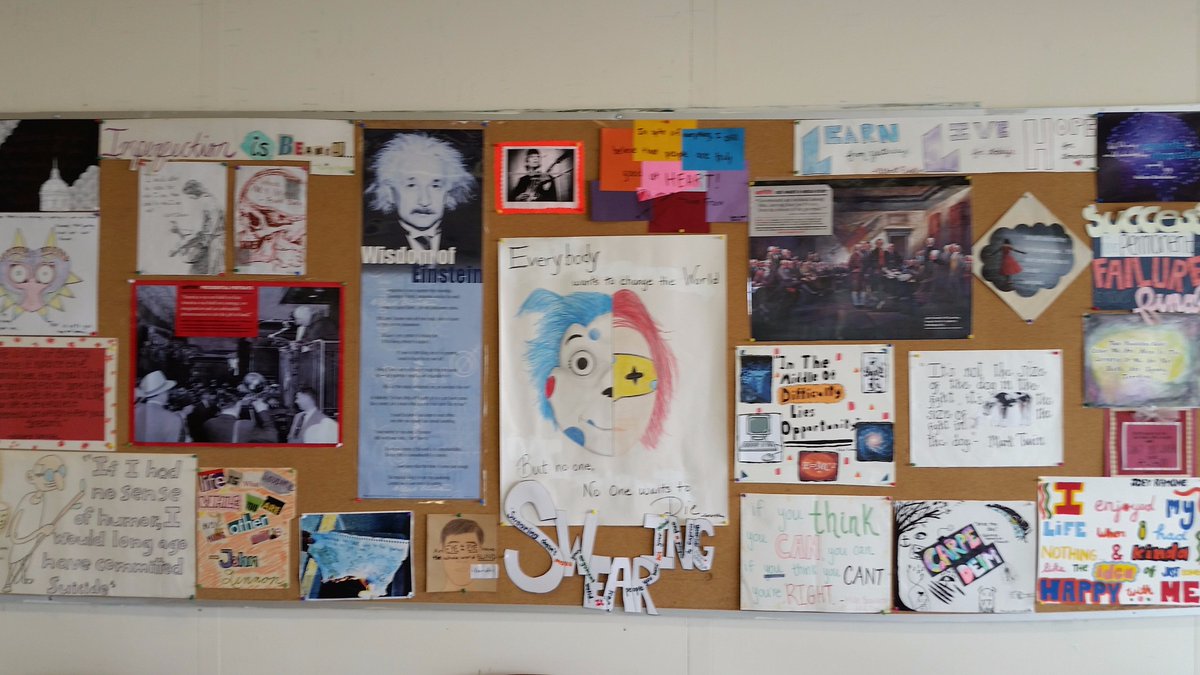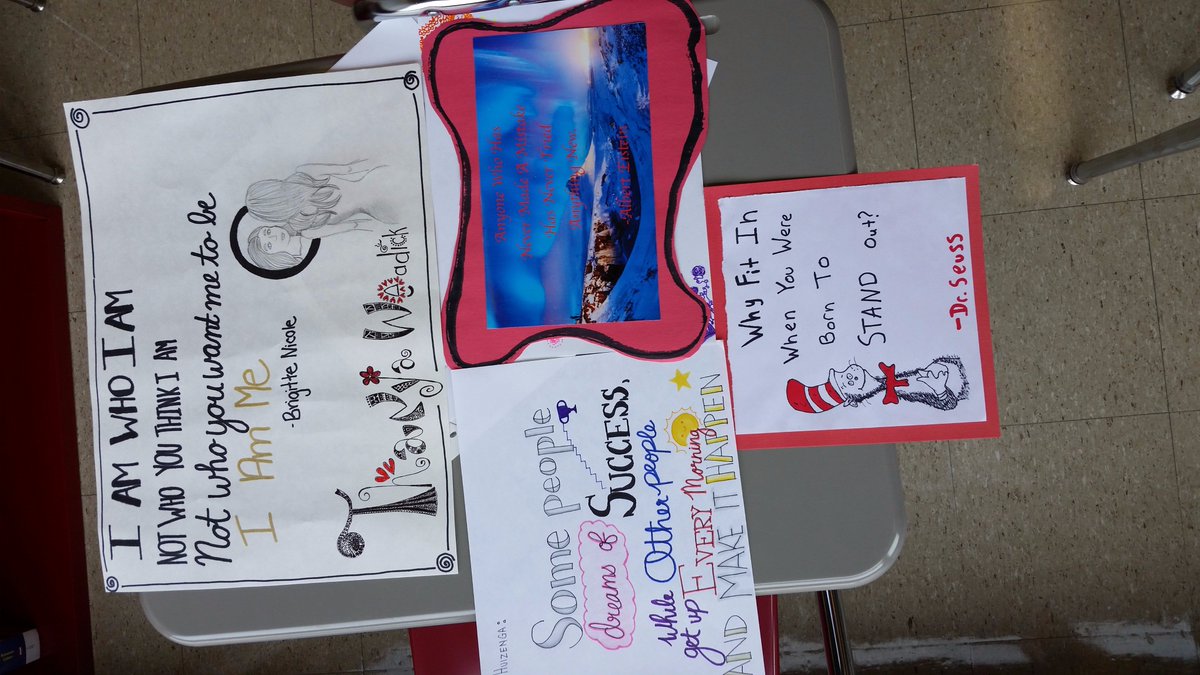This week the focus was on preparing students for Historical Thinking Skills: My focus comes from the AP US History perspective that all students can effectively learn vital critical thinking skills to support the curriculum. My goal is to build good habits of mind and a toolbelt for the real world. These skills are difficult and will challenge many students, however if I can make them a living and breathing part of our daily/weekly routine, then students can adjust and succeed!
HISTORICAL THINKING SKILLS
- Historical Causation 5. Historical Argument
- Continuity or Change Over Time 6. Use of Relevant Historical Evidence
- Comparison 7. Interpretation
Our micro-focus this week was on INTERPRETATION AND SOURCING. Students watched and discussed Chimamanda Ngozi Adichie's Ted Talk "The Danger of a Single Story." She is the author of Americanah, one of the New York Times 10 best sellers of 2013 and they answered and discussed the question: How is your perception influenced by the world around you?
Furthermore, I was very excited to meet parents for the first time, and some were even familiar faces as I had their older kids/siblings. Back to School Night will be Thursday, September 14th, from 6:30-8:30PM!!! Invite your parents PLEASE...I want to meet them all!!!



